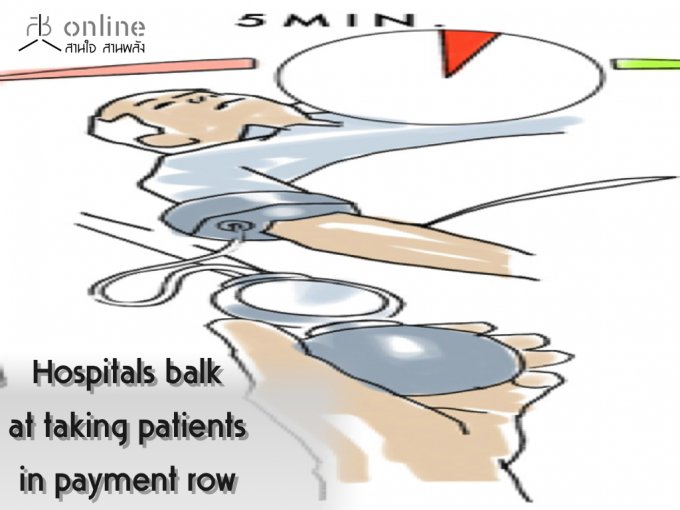webmaster's News

|

|

|
|
เข้าสู่ระบบ to rate อันดับความนิยม: |
อัพโหลดโดย: webmaster วันที่อัพโหลด: 15th Jan 13 จำนวนผู้ชม: 36569 ความคิดเห็น: 0 ข่าวที่ชื่นชอบ: 0 หมวด: ข่าวสารน่ารู้ |
๏ฟฝ๏ฟฝ๏ฟฝวท๏ฟฝ๏ฟฝ๏ฟฝ๏ฟฝ๏ฟฝ๏ฟฝวข๏ฟฝอง
|
||||||||










